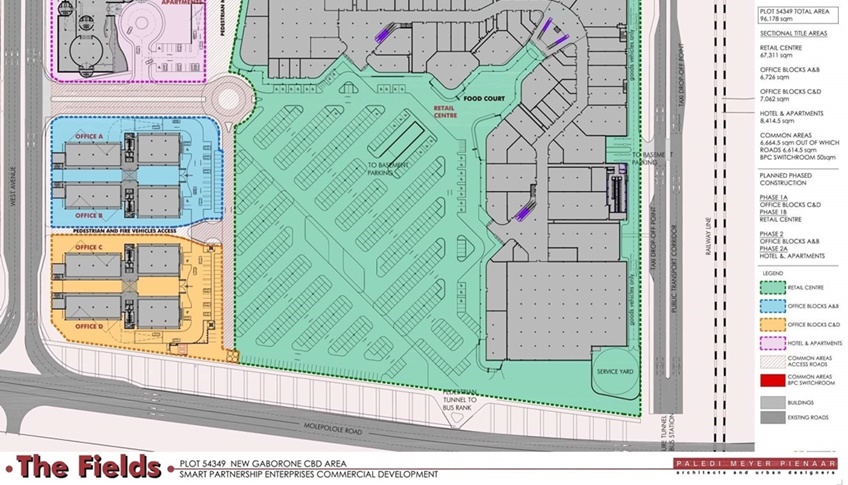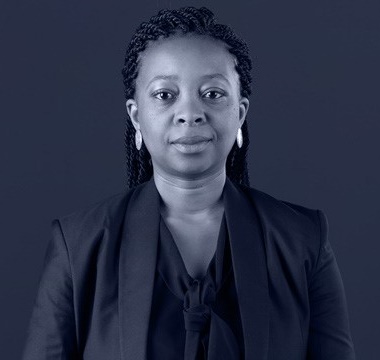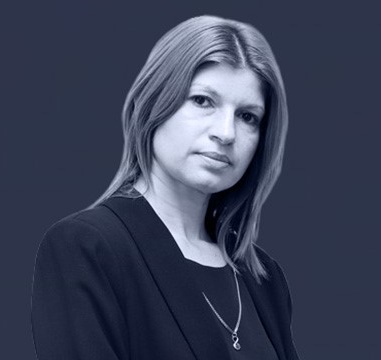One hopes it doesn’t come knocking in the neighbourhood, or worse, on the door of a loved one. Death is taboo in many cultures around the world. It is not a subject to unwind over after a long day at work. This is because very rarely do we feel ready for it, even though it is an eventuality for all of us.

The Fields Precinct
Smart Partnership Enterprises (Proprietary) Limited (“Smart”) is the proprietor of a 9.61 hectare plot located in the new Central Business District of Gaborone. The plot, which Smart acquired from the Government in October 2009, is zoned for mixed use.
Is the “Increasing Cost” clause in your Loan / Facility Agreement in accordance with the Bank of Botswana position?
Recently the Bank of Botswana (“BOB”) affirmed a position in respect of the basis upon which financial institutions licensed to provide advances, loans and credits can increase cost in terms of a concluded and operative agreement. It is usual for financial institutions to have the right to increase their costs, increasing their interest rates during the subsistence of a loan/facility agreement. However the issue is; on what basis are the financial institutions increasing the interest rate? Is it based on a monetary policy decision or is it based on markets and/or credit disruptions?
Landlord’s tacit hypothec – A right linked to property
Landlord’s tacit hypothec – A right linked to property
The relationship between a landlord and their tenant is not often smooth, more so when the tenant fails to pay rent. In that event, a landlord’s tacit hypothec comes into existence and remains in existence for so long as there is outstanding rental which is due and payable.
Read more “Landlord’s tacit hypothec – A right linked to property”
A new broom in the form of a court of appeal decision in the Kelaleboga case has swept clean an old legal principle that ‘children born out of wedlock cannot inherit from their father’
In traditional Tswana society there was an over-emphasis on ‘marriage’ as constituting the basis of the family. Thus it was rare for a man and a woman to raise children together outside wedlock. Where a child was born outside wedlock, such a child was not recognised by the man’s family as being one of them until the parents of the child married each other. Indeed, the discrimination and plight of children whose parents were not married to one another was entrenched in our Tswana society. These children were often derogatorily referred to in Setswana as ‘bana ba dikgora’, which literally translates to ‘children of the fence’.[1]

 Victor Chilembwe,
Victor Chilembwe,  Namie Modiri,
Namie Modiri,  Obakeng Mmopi,
Obakeng Mmopi,  Isaac Ntombela /
Isaac Ntombela /  Terence Dambe/
Terence Dambe/  Tatenda C. Dumba /
Tatenda C. Dumba /  Obakeng Nthomamisi,
Obakeng Nthomamisi,  Nyaradzo Mupfuti /
Nyaradzo Mupfuti /  Lesego Babitseng /
Lesego Babitseng /  Jayne Cross /
Jayne Cross /